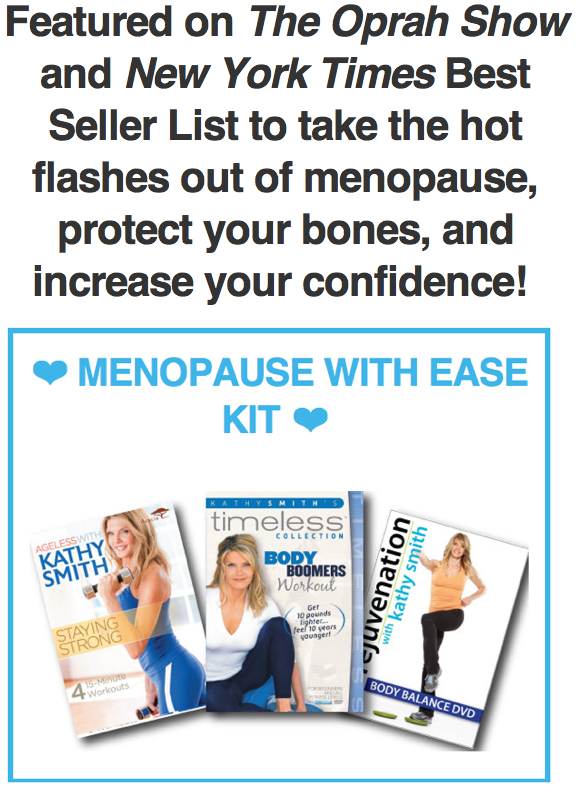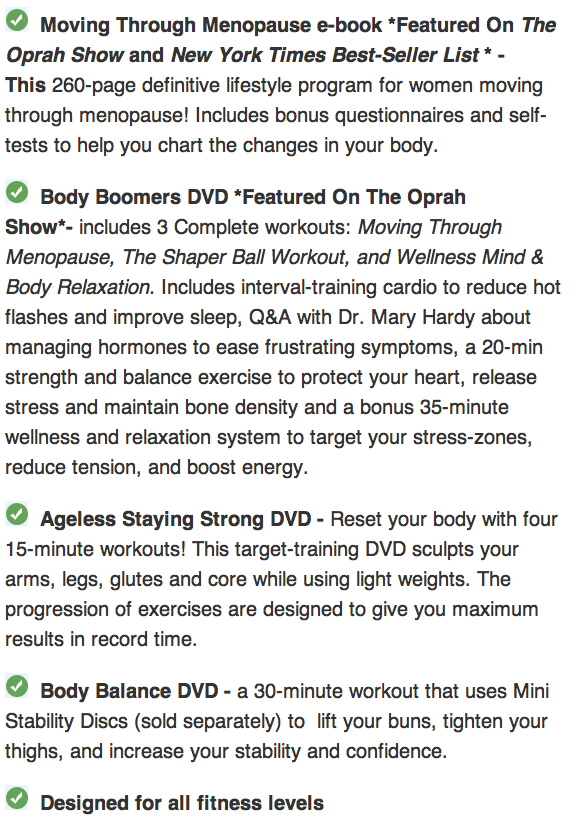4 Long-Term Risks Of Low Estrogen
Estrogen can be seemingly heaven-sent. It’s tough, powerful, and keeps you in-control. Estrogen keeps you full of serotonin, the feel-good neurotransmitter that keeps your sleep and appetite cruising at perfect speed. It stabilizes your mood and fires up your sex drive. It lubricates your joints and perks up your brightens your skin. Plus, it keeps your cortisol and thyroid in balance.
Sound too good to be true? Think again.
The loss of reproductive levels of estrogen can have profound long-term effects on the body, because it removes a layer of protection against certain diseases. This can be happening even if you’re not experiencing any overt symptoms.
It’s important to understand that the long-term risks of low estrogen can have a major impact on your health.
4 Long-Term Risks Of Low Estrogen:
Heart Disease
Researchers believe the body’s estrogen protects the heart by improving the balance of blood lipids in favor of HDLs (the “good cholesterol”). Estrogen also dilates the coronary arteries, improving blood flow to the heart. The sharp drop in estrogen at menopause can pose a threat for those already at risk for coronary heart disease. While hormone replacement therapy can reduce heart disease risk up to 50 percent, exercise, proper diet, and other lifestyle steps can help, too. The first step is to fill up on heart-nourishing foods, such as:
- Fiber
- Healthy fat (omega-3s)
- Lean protein
- Water, water, water!
Bone Loss
Bone loss comes with age. A woman’s natural estrogen exerts a protective effect on her bones, however, by helping slow the rate at which calcium is broken down. As estrogen levels decline, the rate of bone loss increases, and may reach as high as 3 to 4 percent per year around the time of menopause. An alarming 40 percent of women over fifty suffer bone fractures—often with disastrous consequences to their quality of life. To help fill your nutrient gap:
- Get the magnesium you need – a 1-to-1 ratio with the amount of calcium you supplement
- Take calcium – 500 to 700 mg of calcium citrate in two divided doses taken with meals, for a total daily intake of 1,000-1,200 mg from all sources
- Take Vitamin D3 – It’s a good idea to get your vitamin D levels checked, so you can adjust your dosage. Right now, I’m taking 5,000 IU per day.
- Take vitamin K2 – 500-800 micrograms (for every 1,000 IU’s of vitamin D you take, you’ll benefit from about 100 micrograms of K2)
- Take a multivitamin with minerals
Incontinence
Stress incontinence, or the leakage of urine when laughing, coughing, or sneezing, is a common problem in the years following menopause. Loss of estrogen leads to a decline in muscle tone and tissue strength in and around the urethra, making it difficult to restrict the flow of urine. This can be treated with surgery, but at least 50 percent of women can also treat the problem successfully using only exercise and over-the-counter products.
To prevent leakage, keep up on your kegel exercises, practice yoga, and even try cutting out caffeine, as that can cause the bladder to spasm. To go a step beyond, try using an estrogen cream locally, which can help the sphincter of the urethra tighten.
Cognitive Function
Some researchers believe there is a link between loss of estrogen and a decline in long-term cognitive health, and speculate that estrogen replacement may help prevent or delay the development of Alzheimer’s disease. According to the National Institute on Aging, animal and observational studies of estrogen’s benefits in this area have been promising but not conclusive, and more research needs to be done. Meanwhile, brain-healthy lifestyle habits include staying active—both physically and mentally—and taking antioxidant supplements.
Remember, even though it sometimes feels like one, menopause is not a disease. Nothing has gone “wrong” with our bodies. At the same time, we should do everything we can to reduce the symptoms and long-term health risks associated with menopause, to ensure the highest quality of life, including:
- Control your blood pressure and cholesterol
- Quit smoking
- Exercise regularly (include cardio, strength training and yoga)
- Talk with your doctor about integrative therapies that may work best for your symptoms
Here’s to your health!









